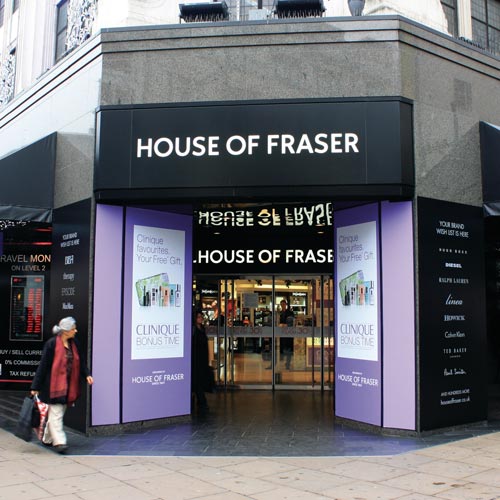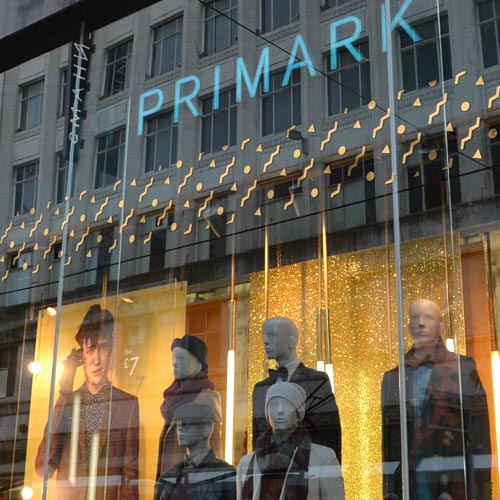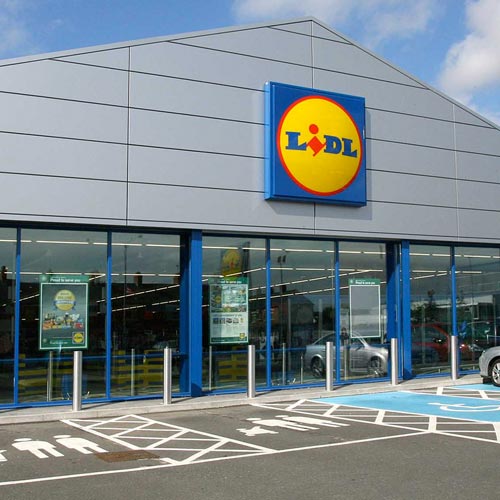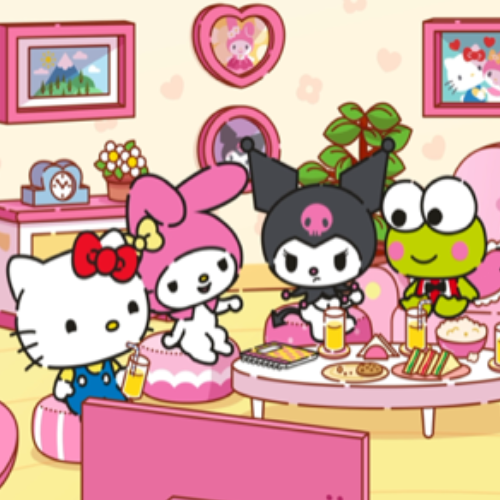Look for those who share the wider vision of customer importance and product quality, says Richard Hollis.
Last month my printer broke down. So I visited my local high street cartridge shop where the friendly owner cheerfully declared it unrepairable. As he was a nice man and it was a sunny day, I agreed to buy a new one on the spot, despite knowing it would be cheaper online. Clearly amazed at my naivety, he retrospectively knocked a fiver off, which should have warned me I’d later find the same model on Amazon at half the price.
Effectively my high street purchase decision had become a rather over-generous charitable donation. And unless you are Oxfam, that is not a viable retail proposition.
It is no surprise that UK retail is in such a tumultuous condition. The shift to online buying is old news, but the process still has a very long way to go. One in five retail transactions is now online. Why wouldn’t it be? It’s simple, quick and offers unrivalled choice.
We are spoilt consumers. A bit of searching online finds exactly what we want, however precise the specification. Someone, somewhere can meet our every need, making us hedonistic and demanding. Our online servants deliver piles of clothes, and we throw back the ones we don’t want. We won’t buy misshapen vegetables in supermarkets, and yet we have become misshapen vegetables ourselves; couch potatoes drooling over page after page of temptations. We want choice, and no bricks-and-mortar retailer can carry a range that big.

The list of retailers in trouble or collapse is well-documented, and it isn’t necessarily online retailing which has hit them. To generalise, the common factor is that they haven’t adapted to remain relevant. They lacked foresight or found that their USPs became millstones.
Grainger Games’ specialism in second hand cult gaming couldn’t adapt to combat digital downloads. Maplins’ wide range of electrical components couldn’t match the staggering breadth available online. Saddled with debt, Toys R Us couldn’t rethink the cavernous out of town stores to give it the magic needed to make it a family destination.
Some troubled retailers are among Britain’s most treasured brands. But a rosy history as a retail brand that your customers’ parents loved means you have to work even harder to be contemporary and not just over-familiar. We might love comfy slippers, but they don’t fill us with passion.
So is ‘retail theatre’ the way for retailers to remain relevant? Easy parking and places for refreshment make shopping more pleasurable, but what does ‘retail theatre’ really mean? Handing out promotional stickers to children in a windswept store car park surely doesn’t qualify. The excitement of shopping comes from wide choice, constantly refreshed ranges, welcoming staff and a pleasant environment.

Primark succeeds by offering its own type of retail theatre – not lavish in-store entertainment, but simply an unquenchable flow of new and stylish product that makes every visit different from the last.
Aldi and Lidl thrive by overcoming the contradiction of offering both very low prices and surprisingly high quality. Shopping is a novelty because the brands are unfamiliar. But is this a chilling warning to the brand licensing industry? Get price and quality right and the brand doesn’t matter?
I don’t think we need to panic. Assessing the retail outlook for licensing is complex, but essentially we need consumer passion and retail confidence. If they really want it, consumers will find the money. Distress purchases like washing machines or lawnmowers may suffer, but there was certainly no consumer caution when it came to buying crates of Fosters after England beat Sweden in the World Cup.
Licensing taps into deep consumer enthusiasm. Sales tend to be hit driven and often impulse buys. 76% of licensed products bought for children under 14 are special occasion gifts (NPD Licence Tracker 2017), meaning investment in promotional space is likely to pay dividends, especially in supermarkets where gifts are part of a regular shop.
Retailers who have their finger on the pulse of trends, and who combine local stores with a strong online presence, such as The Entertainer, continue to do well.

The bigger danger is lack of retailer faith in licensing as a route to market. Some disappointing big movie campaigns last year made supporting hit licences appear just too risky. If buyers play it safe, the default position is to devote more space to generic product. But we must trumpet our credentials here. Retailers want a point of difference in-store, and visually outstanding products that directly connect emotionally with consumers: exactly what a licensed character can deliver.
Let’s restore confidence in licensing. Characters encourage footfall, improve tired shopping environments with bursts of colour and energy and add value to generic product categories. Luckily we don’t have to sell misshapen vegetables. Our business is based on selling emotions.
Consumers will continue to treat their children – but not with lazy, bland product. We need children to love licensed characters, lines to be imaginative and good value, and parents to understand that magic. If we get that right it doesn’t matter where goods are sold.
So don’t obsess about retail decline. Look for retailers who share that wider vision of the importance of the consumer and product quality. They will be the ones who stay relevant and thrive, and licensing will always help them do it.
Richard Hollis is a licensing consultant with over 25 years industry experience at the BBC, DreamWorks and Hallmark. You can contact him on richardhollis@rocketmail.com.
This feature originally appeared in the autumn 2018 edition of Licensing Source Book. Click here to read the full publication.































